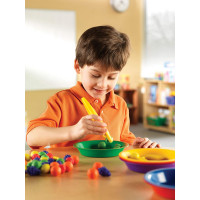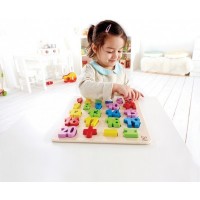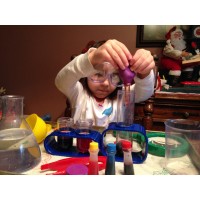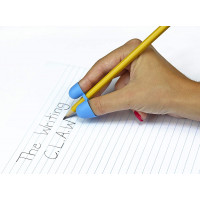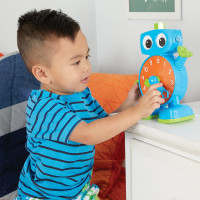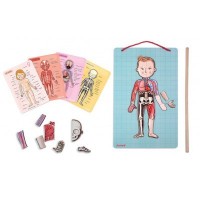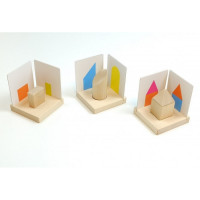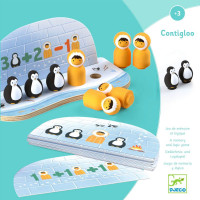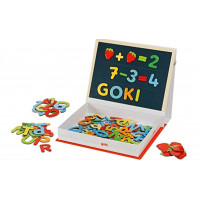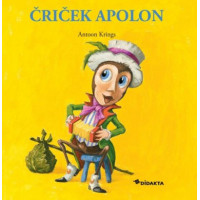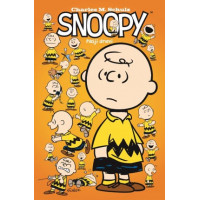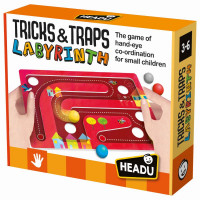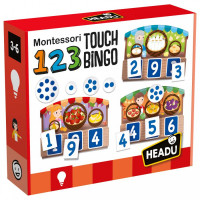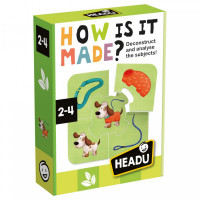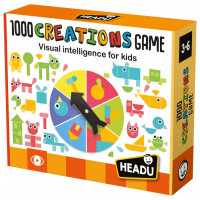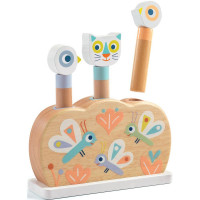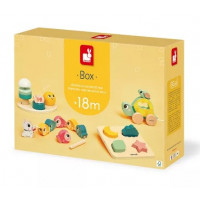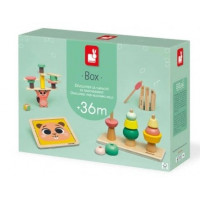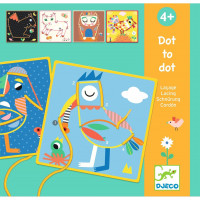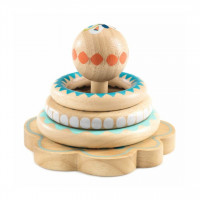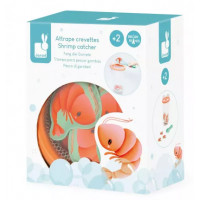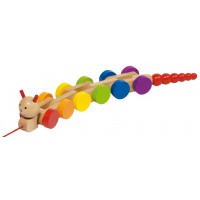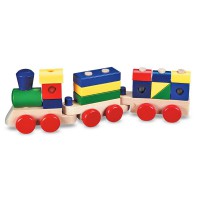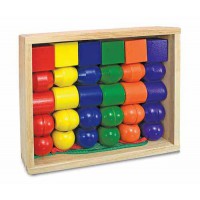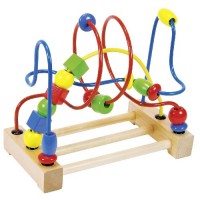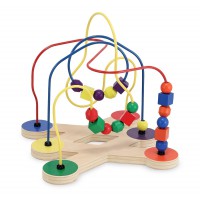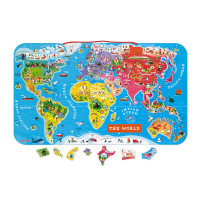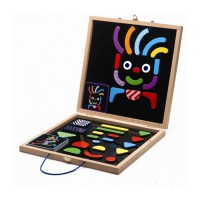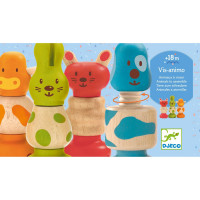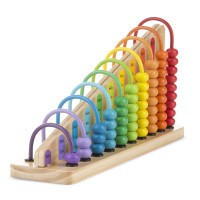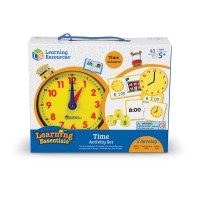Trgovina Šiška: +386 40 792 979
info@kakadu.si

Cart
(0)
No products
Free shipping!
Shipping
0,00 €
Total
Product successfully added to your shopping cart
Quantity
Total
There are items in your cart:
There are items in your cart:
Total products
(tax incl.)
Total shipping (tax incl.)
Free shipping!
Total
(tax incl.)
English
- English
- Slovenščina
- Hrvatski
- Deutsch
Aktualno
Categories
- TOYS
- Balance bikes
- KIDS BIKES
- Scooters
- Kids helmets
- Footwear
- In kindergarten or school
- On the go
- Kid's room
- Children's carnival costumes
- Baby carriers
Didactic toys
Didactic toys allow learning in a fun way through play. They are also designed to develop logical thinking, fine motor skills and coordination.
-
Didakta čriček Apolon
2Trgovina Kakadu1SkladiščeRegular price: 12,99 € You save: 5,20 €In stock* Najnižja cena zadnjih 30 dni: 7,79 €-40% Spletna cena 7,79 € More -
Didakta book Snoopy, Dog days of summer
2Trgovina Kakadu1SkladiščeRegular price: 19,99 € You save: 8,00 €In stock* Najnižja cena zadnjih 30 dni: 11,99 €-40% Spletna cena 11,99 € More -
Janod set of developmental toys +36 months
1Trgovina Kakadu2SkladiščeRegular price: 49,99 € You save: 12,50 €In stock* Najnižja cena zadnjih 30 dni: 37,49 €-25% Spletna cena 37,49 € More -
Djeco lacing with numbers animals
Trgovina Kakadu2+SkladiščeRegular price: 17,99 € You save: 5,40 €In stock* Najnižja cena zadnjih 30 dni: 12,59 €-30% Spletna cena 12,59 € More -
Djeco hoop game for the youngest
1Trgovina Kakadu2SkladiščeRegular price: 14,99 € You save: 4,50 €In stock* Najnižja cena zadnjih 30 dni: 10,49 €-30% Spletna cena 10,49 € More -
M&D lesen vlak
Trgovina Kakadu2SkladiščeRegular price: 25,99 € You save: 7,80 €In stock* Najnižja cena zadnjih 30 dni: 18,19 €-30% Spletna cena 18,19 € More -
Natikanka pisani liki
1Trgovina Kakadu1SkladiščeRegular price: 14,99 € You save: 4,50 €In stock* Najnižja cena zadnjih 30 dni: 10,49 €-30% Spletna cena 10,49 € More -
M&D leseni veliki labirint
1Trgovina Kakadu1SkladiščeRegular price: 60,99 € You save: 15,25 €In stock* Najnižja cena zadnjih 30 dni: 45,74 €-25% Spletna cena 45,74 € More
